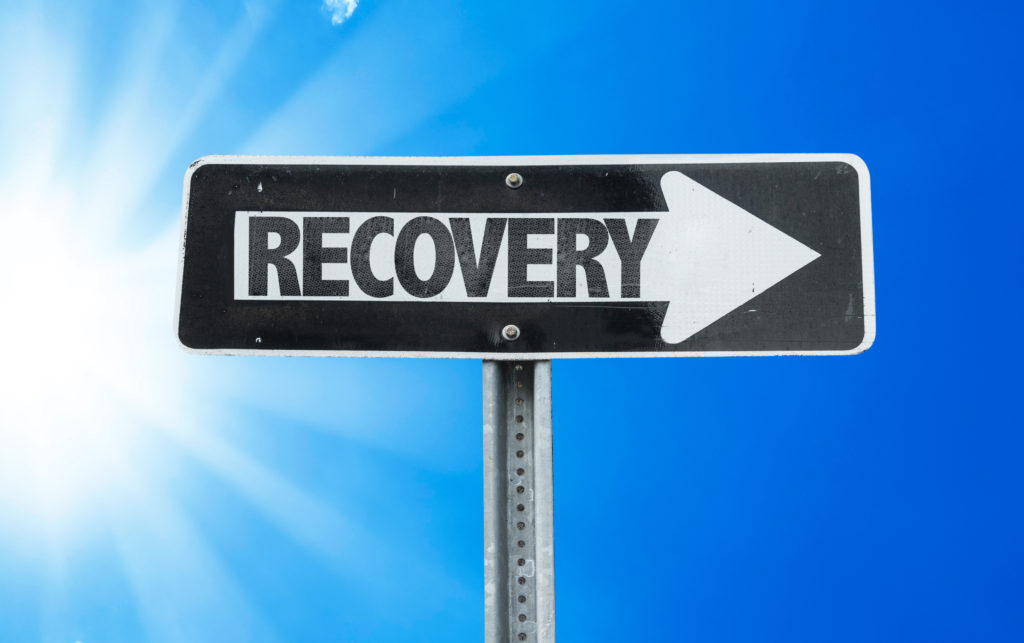By Heidi Christensen
Drug addictions and abuse are among the most prevalent, complex and destructive illnesses in human society. They are found in every segment of our communities, regardless of race, religion and socioeconomic class as well as every walk of life: farmers and musicians, lawyers and construction workers, stay-at-home moms, military veterans, high school sports stars and the homeless.
And the epidemic touches every age, with growing numbers of overdoses among adolescents and increased misuse by those 50 and older. Between the statistics, headlines and, for too many of us, the up-front and personal experiences in our homes and communities, this epidemic can easily look like a downward, out-of-control spiral.
Every day, though, we also witness something new and hopeful in the smart, compassionate and innovative initiatives happening in congregations and communities around the country. We see community members, walking alongside one another, literally saving people from dying of overdoses, connecting them to treatment and recovery programs, bringing restoration to the lives of individuals and families who have suffered the consequences of addiction, and building the resilience of younger generations— empowering young people with the life skills that will help them to make better decisions for their futures.
A practical toolkit and online forums
The U.S. Department of Health and Human Services and the HHS Center for Faith-based and Neighborhood Partnerships offers The Opioid Epidemic Practical Toolkit: Helping Faith and Community Leaders Bring Hope and Healing to Our Communities.
Throughout 2018, we will also host webinar forums featuring community- based innovative and promising practices including those that educate and increase awareness; support those seeking treatment and recovery; focus on youth and prevention efforts; and demonstrate the effectiveness of collaborative efforts and coalition building.
The toolkit is available online HERE.
Heidi Christensen is the Public Affairs Specialist at the Center for Faith-based and Neighborhood Partnerships (HHS Partnership Center) within the U.S. Department of Health and Human Services.
Related Post:
Q&A with Nashville, NC, Police Chief Thomas Bashore on substance abuse program

